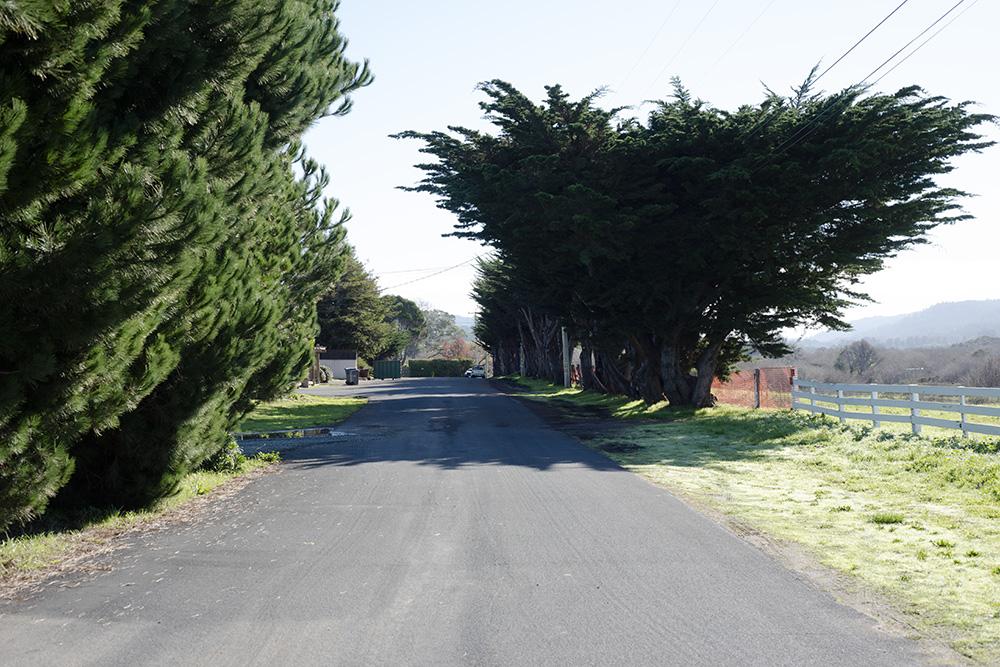While the movement to tighten parking regulations in downtown Bolinas stole the limelight this fall, the county was moving more quickly to crack down . . .
County could ban overnight parking on C Street


While the movement to tighten parking regulations in downtown Bolinas stole the limelight this fall, the county was moving more quickly to crack down . . .